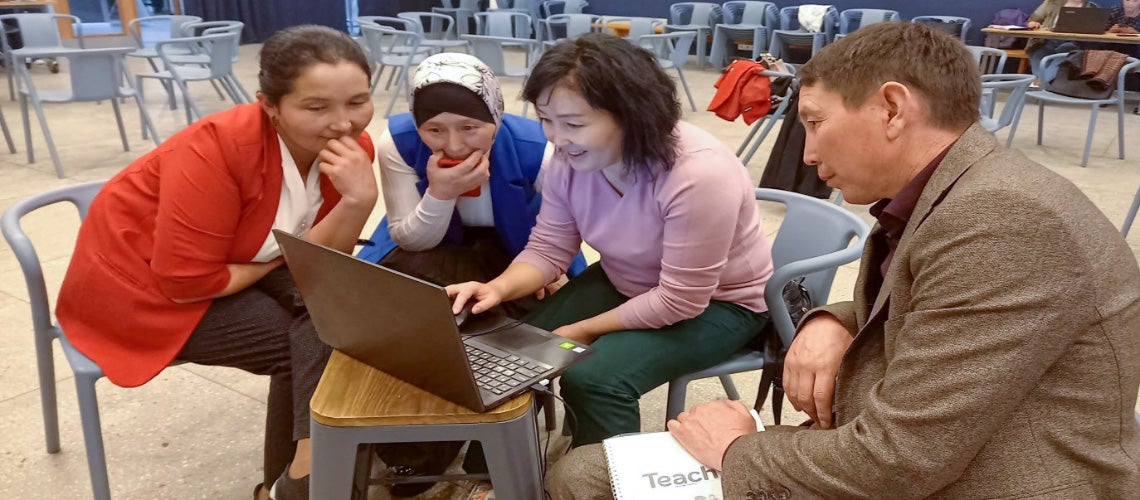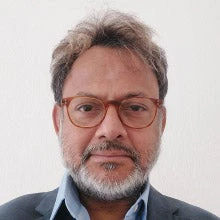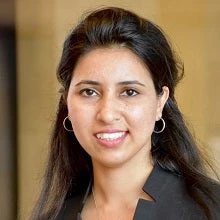 Kyrgyz teachers collaborating during a session with the Mentor Training Program
Kyrgyz teachers collaborating during a session with the Mentor Training Program
There is overwhelming consensus from high-performing education systems that effective professional development systems leverage the potential of teachers as drivers for improving education quality. In these systems, most often in advanced economies, teachers work with one another in teams to grow professionally and design increasingly effective experiences for their students. But such a community can be developed in emerging economies too. A professional development initiative in the Kyrgyz Republic that we worked on provides a useful example for laying foundations for professional learning communities of teachers that other developing countries could adopt.
The Mentor Training Program
With technical assistance from the World Bank, the Kyrgyz Ministry of Education and Sciences has been developing a mentoring-based continuous professional development program for information technology (IT) teachers. Launched in 2021, this project supports IT teachers from across 150 secondary schools nationwide, selected through a cluster sampling approach to allow for a rigorous evaluation based on instruction quality and digital skills.
To date, 31 IT teachers from these schools have been trained as mentors through an eight-week, 72-hour structured Mentor Training Program (MTP). These trained mentors are now starting to support IT teachers in their districts through weekly mentoring sessions, which are patterned on the World Bank’s COACH framework and catered to one to two elements of effective pedagogy in alignment with the TEACH rubric. Mentors would also observe their mentees’ in-class performance and provide growth-oriented feedback. This model of leveraging teachers’ potential in supporting other teachers and driving improvement has tremendous potential to sustain over time and improve education quality, especially when augmented with the right incentive structures through recognition and career trajectories.
MTP was facilitated by funding from the Korea World Bank Partnership Facility, and further bolstered by best practices from the existing in-country Mentorship Training Certificate Program at the Institute of Education (IOE), part of the American University of Central Asia (AUCA), which is the World Bank’s knowledge partner in designing and delivering MTP.
Elements to emulate
MTP’s design and delivery hold promise for Central Asa and beyond. Three aspects of MTP are noteworthy to consider:
- The cluster-based training structure, whereby a classroom IT teacher is trained to support up to five other IT teachers working in schools in their geographic clusters, ensures that mentors can provide contextualized, one-on-one coaching. This is typically absent in the dominant multi-layered cascade model of in-service teacher professional development. The geographical proximity of mentors and mentees allows for regular meetings and, within their districts, an opportunity to structure a collaborative and empowered learning community that can drive improvement in education quality.
- MTP was carefully designed to develop a strong knowledge of effective pedagogy and skills in providing growth-oriented one-on-one and group coaching. Mentors read about detailed examples in the TEACH rubric, watched sample video lessons, and discussed and coded instructional practices with their peers. Through training, mentors obtained certification in using TEACH for classroom observations. Furthermore, each mentor developed communication protocols using Growth Mindset vocabulary—incorporating praise and positive framing—and conducted at least one practice session of observing and providing growth-oriented feedback on one of their eventual mentees’ classroom instructions. Trainees also received support from peer-mentors, trained earlier in the master’s in teaching program at AUCA, to practice small-group reflection-dialogue-feedback cycles. Mentors were then trained to lead weekly sessions with their mentees following the COACH framework.
- To minimize travel costs and instructional time loss associated with school visits for classroom observation, MTP was designed as a blended program using web-video applications, online instruction, asynchronous experiential learning, and in-person groupwork. These processes were adapted from the innovative video-based mentoring model of the IOE. Successful delivery required initial sessions with mentors focusing on necessary digital tools (video recording and sharing, learning management system, etc.) to ensure smooth progression through the blended program. The web-video-based blended model potentially allows experienced teachers from anywhere in the country to be trained as mentors and support other teachers in mentor-mentee relationships, thereby, creating a community of practice—a community of educators who learn and grow in collaboration and conversations with each other.
MTP was well received by trainees, who in post-session feedback reflected on the benefits of the collaborative learning design to build confidence and competency. Moreover, participants recognized the need to think beyond course content in teaching as well as a sense of agency and responsibility in adopting what they had learned and acting as mentors to others.
With 64% of ten-year-old students in the Kyrgyz Republic in learning poverty, there is a clear recognition in the National Education Development Strategy for 2021-2040 of the importance of a comprehensive teacher professional development system that provides practical, tailored, and continuous training and also leverages digital technology wisely to scale successful initiatives. And as COVID-19-induced school closures exacerbating learning poverty worldwide, improving teacher effectiveness and instructional efficiency is a critical component of the World Bank’s Global Education Strategy to recover from pandemic losses and accelerate learning. Building on the World Bank’s twin initiatives of TEACH and COACH, MTP provides a model for how to lay the foundations of a professional learning community that can lead to better instruction and education quality.



Join the Conversation